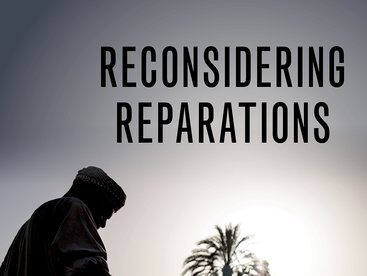
On the Place of Racial Capitalism in China’s Northwestern Frontier
Though its contemporary theorization emerged from Cedric Robinson and other scholars of the Black Radical Tradition, racial capitalism is neither an idea somehow restricted to the U.S. or Europe, nor an idea that can be provincialized solely within the processes and structures of Western colonial expropriation and exploitation. Rather, this approach can help us understand the immense expansion of securitization and forced assimilation in the Xinjiang Uyghur Autonomous Region, not as an aberration, but as the logical extension of Han settler capitalist development strategies since at least the early 1990s.




